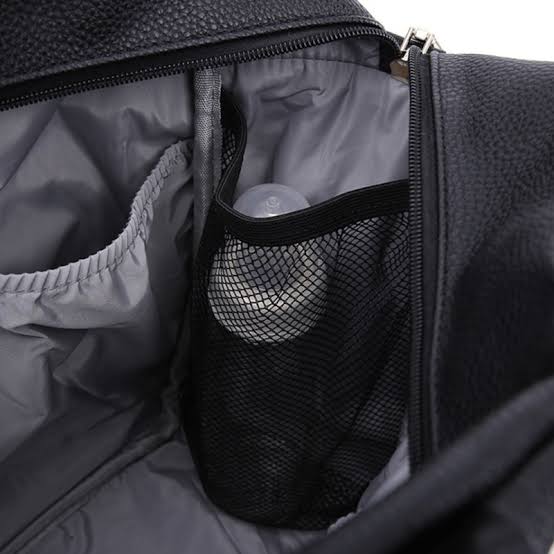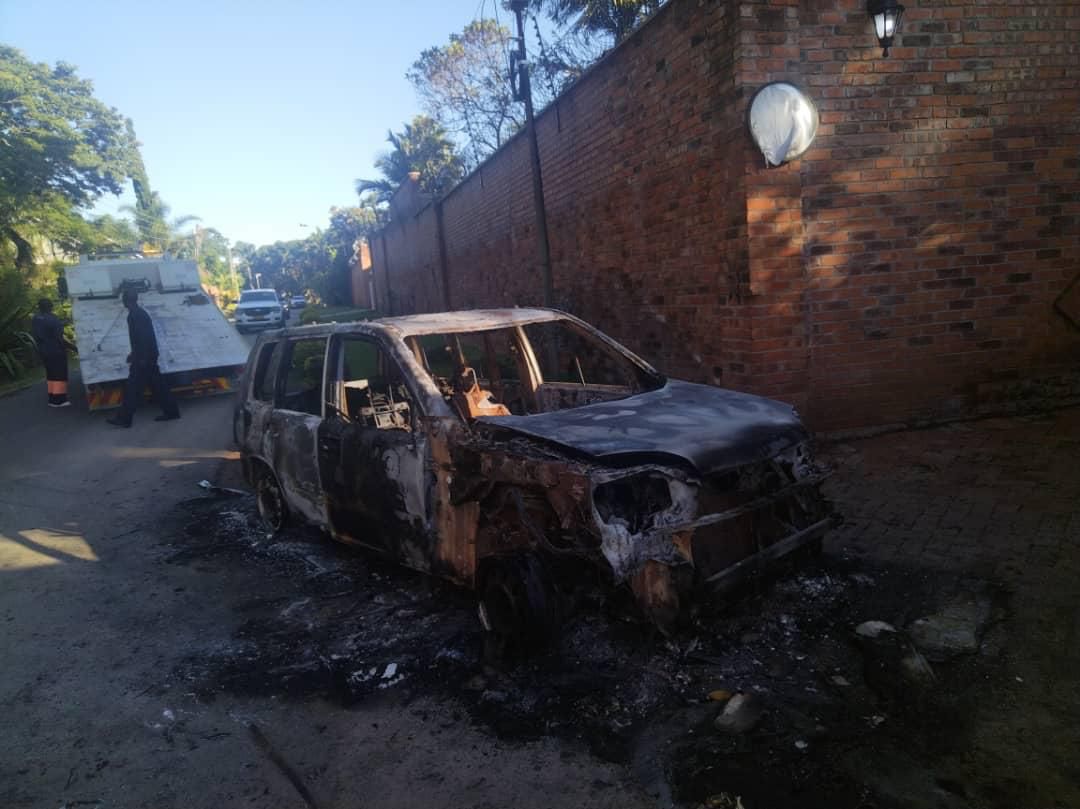HARARE – South Africa on Wednesday recorded its first ever monkeypox case in what could be a source of real concern to Zimbabwe many of whose nationals live and work in the neighbouring country while maintaining close physical ties with families back home.
According to South African health authorities, the case was traced in a male adult residing in Gauteng province.
South Africa and Gauteng province in particular host Zimbabwe’s largest migrant population.
Zimbabweans is still reeling from the Covid-19 menace which was heightened by the mass return of locals resident in the rich neighbour, which still has the continent’s highest burden of the global health catastrophe.
The outbreak of monkeypox in South Africa was identified through laboratory testing with Senior Communications Manager National Institute for Communicable Diseases confirming the case involves a 30-year-old male residing in the Gauteng province.
The man reports no recent travel history. Contact tracing has commenced, identifying any additional linked cases of monkeypox in South Africa.
Monkeypox is a rare viral infection in humans.
Speaking earlier this month, the country health ministry said Zimbabwe was yet to record an outbreak of the disease adding that authorities were on high alert for any possible outbreak of the health challenge.
“The Ministry of Health and Child Care wishes to reassure the public that currently, no cases have been reported in Zimbabwe, but it is monitoring the evolving situation of the outbreak in other countries with keen interest.
“The Ministry has also placed its structures on high alert. Anyone who suspects that they have similar symptoms as that of monkeypox should report to the nearest health facility,” said the Ministry.
Since May 2022, monkeypox has been reported in more than 3 000 individuals from several European countries, the USA, Canada, Australia, Morocco and the United Arab Emirates.
This is the first multi-country outbreak of monkeypox and is already the largest outbreak of monkeypox recorded.
The cases to date mostly involve individuals that self-identify as men having sex with men. Risk factors include reporting multiple sexual partners.
Recent large social events are thought to have served as super spreader events.
Person-to-person transmission involves close contact (for example kissing. cuddling, sexual contact) with an infected person or materials that have been contaminated by an infected person (for example sharing linen, clothes and other household items).
The virus is not highly transmissible and close physical contact is required for transmission. It does not spread similarly to influenza or the SARS-CoV-2 virus.
Monkeypox presents with an acute illness characterised by fever and general flu-like symptoms, followed by the eruption of a blister-like rash on the skin.
The disease is rarely fatal and cases typically resolve within two to four weeks.
Most cases do not require hospital treatment. Prevention of infection hinges on the isolation of cases until fully recovered. The risk to the general population is considered low, given the low transmissibility of the virus.
The World Health Organization recommends increasing vigilance for cases with contact tracing and monitoring of laboratory-confirmed cases. Isolation of confirmed cases allows for the prevention of transmission and interruption of the cycle of transmission.
















